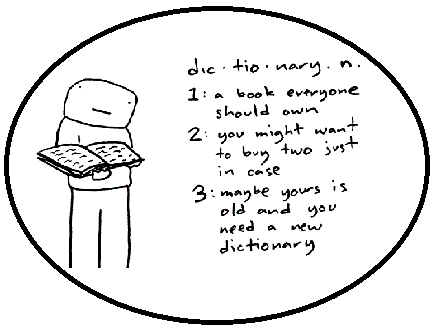On March the 30th an inexplicable and rather annoying event took place in Turkey. Namely, countries' worst BLACKOUT in last 15 years. Believe it or not, it inspired me to prepare a lesson on energy deficiency and ways to save power. I discovered that it would also be a good excuse to practice giving reasons in English. Hope you like it.
WARM UP
What can you do during a blackout? Give some examples.
GRAMMAR
When you give reasons you are simply answering the
question WHY? The most popular way to do it, is to use BECAUSE.
e.g. Why did
you leave the party so early? I left the party early BECAUSE I felt ill.
BECAUSE
+ a subject + verb
I left the party early BECAUSE I (a subject) felt (a verb) ill.
However there are many other ways to give reasons.
Look at the examples.
BECAUSE OF + (my, your, his, her, its, our, their) a noun
DUE TO
OWING TO
ON ACCOUNT OF
BECAUSE OF + (my, your, his, her, its, our, their) verb + -ing
DUE TO the fact that
OWING TO the fact that
ON ACCOUNT OF the fact that
e.g. Why did
he lose the race?
He
lost the race BECAUSE OF (his) having (a verb + -ing) an accident with another
bicycle.
He
lost the race BECAUSE OF a knee injury (a noun).
He lost the race DUE TO the fact that he was too slow.
In everyday English we may also use:
FOR THE SIMPLE REASON THAT + subject + verb
FOR THE SIMPLE FACT THAT + subject + verb
e.g. Why didn’t you respond to my message?
Sorry, I couldn’t respond to your message FOR THE
SIMPLE REASON THAT my phone credit was over.
I didn't respond to your message FOR THE SIMPLE FACT THAT I was busy.
CHECK YOUR UNDERSTANDING
The teacher gives each students a problem card. Their task is to give reasons to the problems described.
- All of the lights in the house
went out.
- The tree in my back yard suddenly
fell.
- There is no pie left in the
fridge.
- A scientist received the Nobel
Prize.
- One of my friends broke his leg.
- The dog bit my leg.
- I’ve missed the bus again!
- The taxi driver had an accident.
- The ceiling in my house fell
down.
- Panda in our ZOO died yesterday.
- I didn’t understand what he said.
- We don’t feel well.
- The plane crashed to the ground.
- The temperatures this summer hit
record high.
- The number of bees is quickly
decreasing.
- Shopping gets more expensive
every year.
- I lost my job.
- Traffic police stopped me for
control.
SPEAKING
Answer the questions.
- What are the reasons for blackouts?
- What are their consequences?
READING
Read the short text and find the synonyms of the words below in the
text. Then use it in the sentences.
BLACKOUT * FIRST * MIXED * OLD * RELAX * STEALING
When the lights went out on August 14, 2013 - less
than two years after the September 11th attacks - New Yorkers INITIALLY 1(___________)feared
terrorism. Their concerns were however quickly RELIEVED 2(___________)when Mayor Michael Bloomberg
announced that the blackout was actually caused by a massive power OUTAGE 3(___________)across
the Northeast.
Old power lines, summer heat, overgrown trees, OUTDATED 4(___________) equipment,
and human error had all COMBINED
5(___________) for one of the largest outages in history. 50 million people in
the U.S. and Canada were without power. Different than the blackout of 1977, New
York City crime and LOOTING 6(___________) were
not the problem. In fact, police reported less crime during the 2003 blackout
than during the same time in 2002.
a. ______________ I liked the job very much but it soon got boring.
b. During the last year’s street protest many shops were ______________.
c. Modern time inventions are getting ______________ very quickly.
d. The two organizations ______________ to form one company.
e. This ______________ lasted around 14 hours and was the longest in
history.
f. This pill should ______________ your pain for few hours.
VIDEO
Watch the video and fill in each blank in the text below with TWO words.
https://www.youtube.com/watch?v=YhcZQmt6Spo
Each of these balloons
represents 1_______________ of carbon pollution. You can’t see it
but we produce carbon pollution 2_______________ we use power. The
average New South Wales home produces about 160,000 balloons 3_______________.
Finding simple ways to reduce the amount of power we use 4_______________turning
appliances off at the wall and switching to energy efficient lightning, will not
only lower power bills but reduce our impact on the environment. The little
things that we can all do, can make a 5_______________. What can you
do in your world?
Answer the final question of the video: What can you do in your world to save energy?


